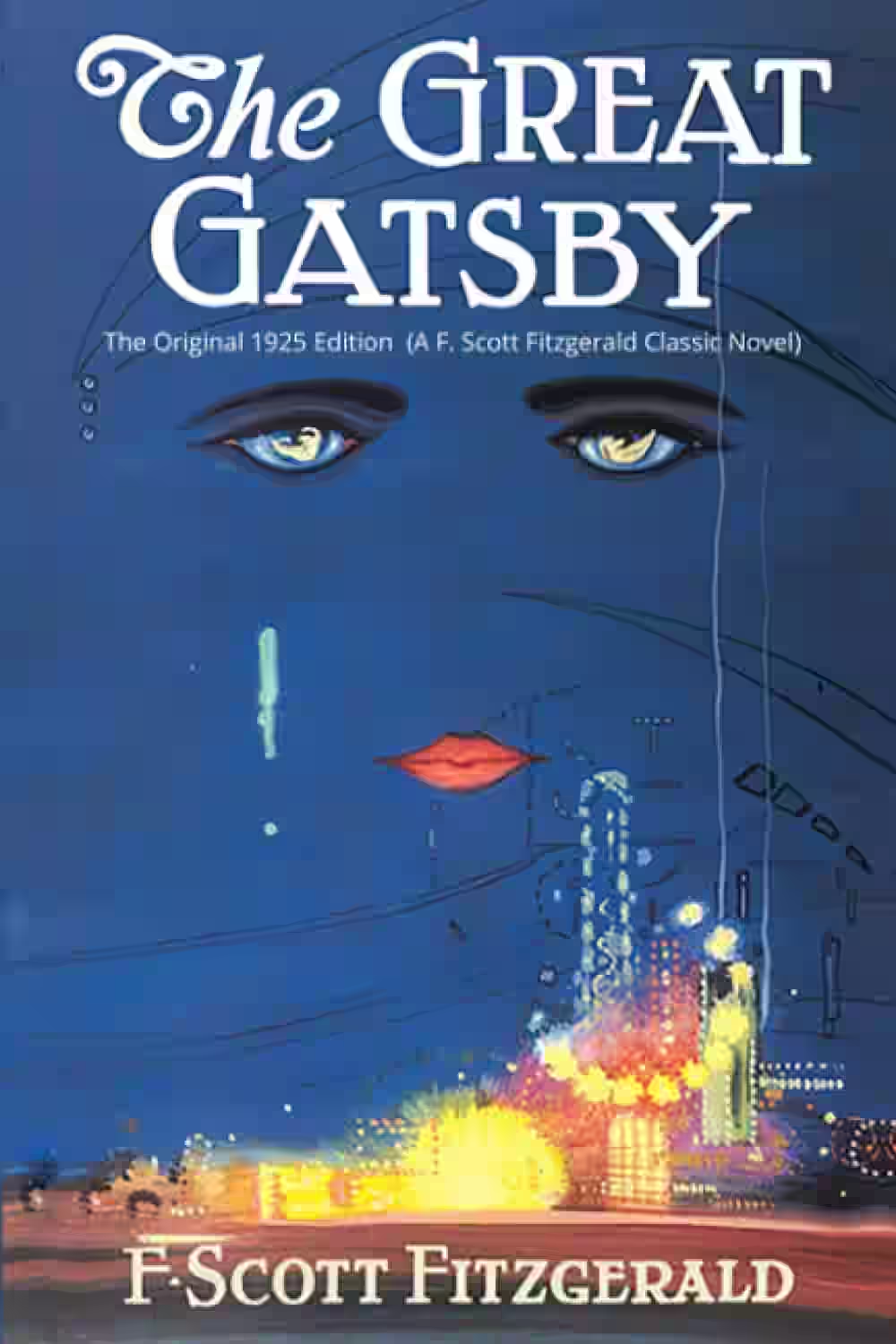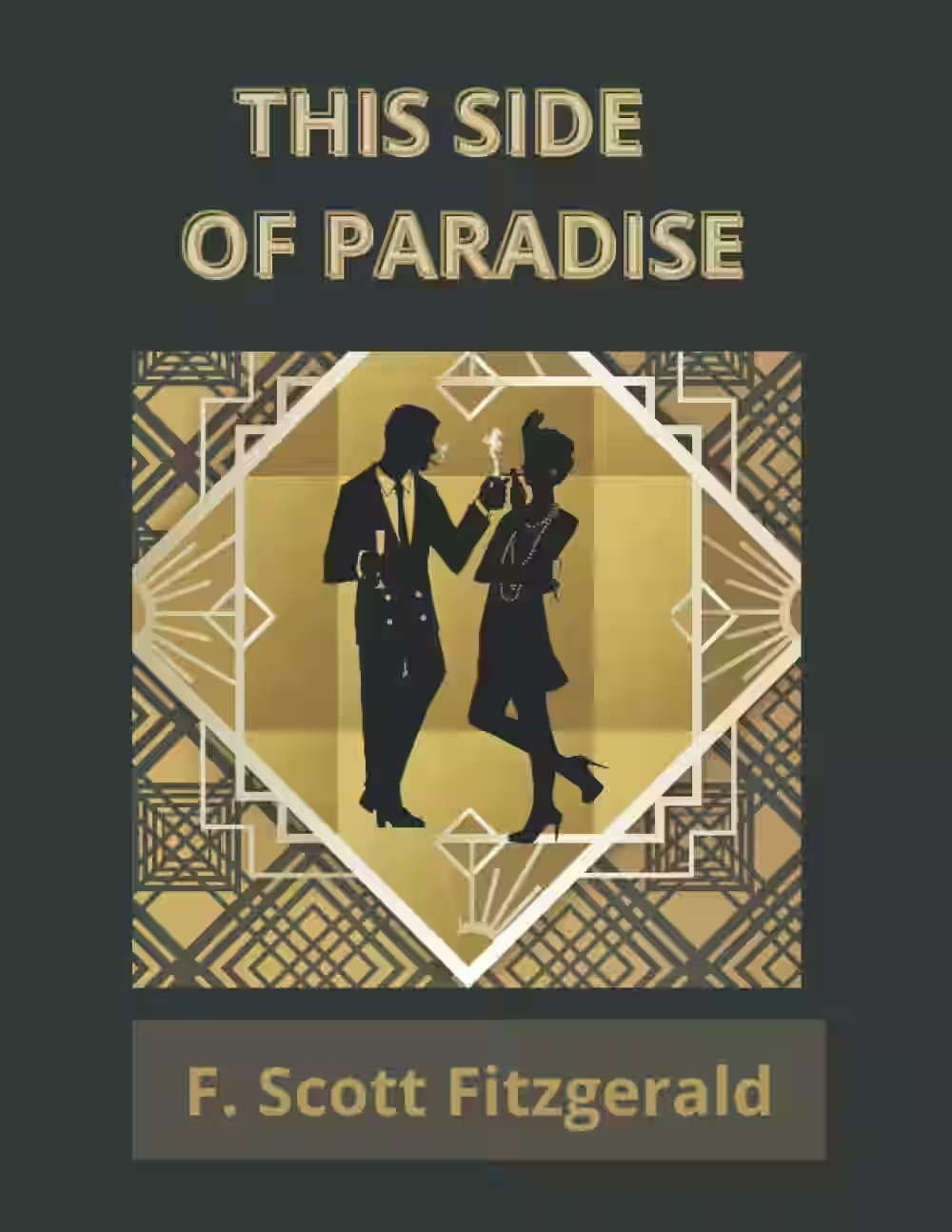F. Scott Fitzgerald
Capturing the spirit of the Jazz Age, F. Scott Fitzgerald's writing explored themes of wealth, ambition, love, and the American Dream. His iconic novel, The Great Gatsby, stands as a poignant portrayal of disillusionment and the elusive nature of happiness. Fitzgerald's lyrical prose and evocative descriptions of the Roaring Twenties cemented his status as one of America's greatest writers, chronicling both the glamour and the underlying anxieties of a transformative era.

Set in the decadent summer of 1922, this masterpiece follows mysterious millionaire Jay Gatsby's obsessive pursuit of his former love, Daisy Buchanan. Through the eyes of narrator Nick Carraway, the story unfolds in a world of lavish parties and empty morality, exploring themes of wealth, love, and the corruption of the American Dream. As Gatsby's facade crumbles, the novel reveals the hollow heart of the Jazz Age.

F. Scott Fitzgerald's 'This Side of Paradise' is a seminal novel that captures the spirit of the post-World War I generation. It chronicles the life of Amory Blaine, an ambitious and self-absorbed Princeton graduate, as he navigates the uncertainties of love, wealth, and identity in the changing social landscape of early 20th-century America. Through vivid prose and keen insight, Fitzgerald explores themes of ambition, self-discovery, and the disillusionment of youth. The novel's rich exploration of its protagonist's romantic escapades and artistic aspirations provides a compelling reflection on the ambitions and vulnerabilities of an entire generation, marking an impactful entrance into modern American literature.